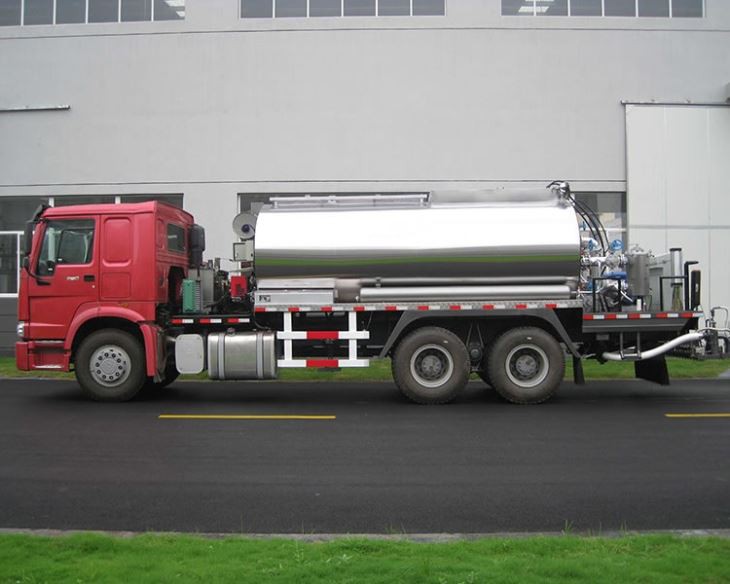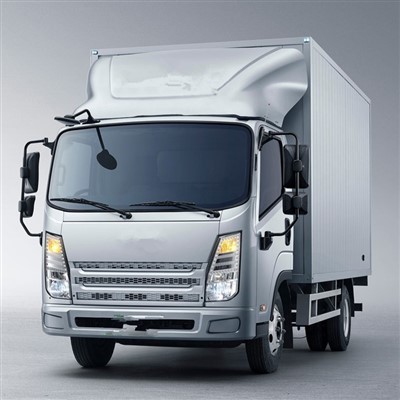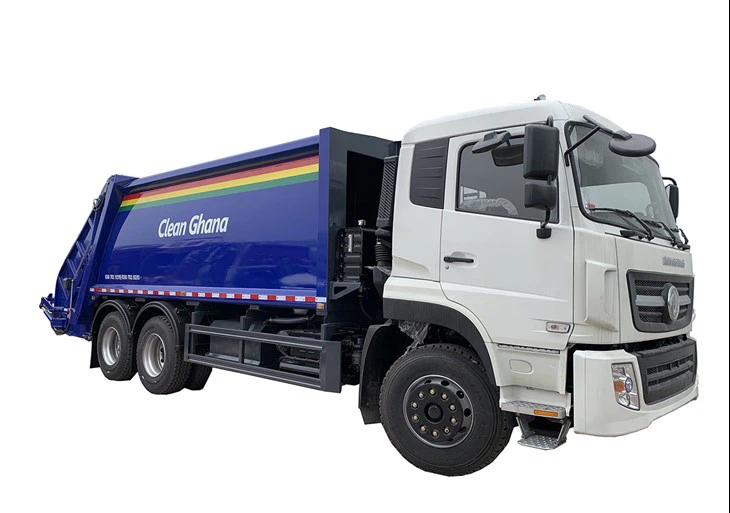Revolutionizing Waste Management: The Rise of Automatic Trash Trucks

Introduction
With the growing urban population and increasing waste generation, efficient waste management has become a significant challenge. Traditional methods of garbage collection are often labor-intensive, costly, and inefficient. Enter the automatic trash truck—a technological innovation designed to streamline the waste collection process, reduce labor costs, and minimize the environmental impact. This article delves into the world of automatic trash trucks, exploring their design, technology, benefits, challenges, and future trends. We aim to provide a comprehensive understanding of how these vehicles are shaping the future of waste management.
What is an Automatic Trash Truck?
An automatic trash truck is a modern refuse collection vehicle equipped with advanced technology to automate various processes involved in waste collection. Utilizing robotic arms, sensors, and GPS navigation systems, these trucks can efficiently collect waste without the need for extensive human intervention.
Key Components of Automatic Trash Trucks
- Robotic Arms: These are used to pick up and empty bins without manual effort.
- Sensors: They help in detecting the presence of waste bins and obstacles in the truck’s path.
- GPS Systems: GPS technology aids in route optimization and real-time tracking.
- Control Systems: Centralized systems that coordinate various functions of the truck.
Benefits of Using Automatic Trash Trucks
Enhanced Efficiency
One of the primary benefits of automatic trash trucks is their ability to operate more efficiently than traditional trucks. This results from the automation of pick-up, sorting, and compacting processes which can significantly reduce the time spent on each route.
Cost Reduction
While the initial investment in automatic trash trucks may be higher, the long-term savings are undeniable. With fewer labor requirements and reduced operational costs, cities can allocate funds more effectively.
Reduced Environmental Impact
Automatic trash trucks are often designed with fuel-efficient engines and can result in lower emissions over time. Additionally, they can be equipped with features to facilitate recycling, thus promoting a more sustainable waste management approach.
Improved Safety
The automation of trash collection reduces the risk of workplace accidents for sanitation workers. By minimizing manual lifting and exposure to hazardous waste, these vehicles promote a safer work environment.
Technological Innovations in Automatic Trash Trucks
Smart Sensors and AI Integration
The integration of Artificial Intelligence (AI) and smart sensors allows automatic trash trucks to adapt to various conditions. Trucks can learn from previous routes to optimize collection timings and enhance performance by recognizing patterns in waste generation.
Telematics Systems
Telematics systems provide real-time data regarding the truck’s performance, route optimization, and maintenance needs. This technology greatly enhances fleet management and operational efficiency.
Electric and Hybrid Models
With the push for sustainability, many manufacturers now offer electric and hybrid models of automatic trash trucks. These vehicles offer a cleaner alternative to traditional diesel-powered trucks, contributing to reduced air pollution and lower operational costs.
Challenges Facing Automatic Trash Trucks
High Initial Costs
The upfront cost of purchasing automatic trash trucks can be a barrier for many municipalities. This investment requires careful planning and budgeting for long-term benefits to be realized.
Technological Dependence
Reliance on technology can lead to vulnerabilities. Mechanical failures or technical glitches can disrupt waste collection services, necessitating the availability of skilled technicians for repairs and maintenance.
Public Acceptance and Adaptation
Transitioning to automatic trash trucks requires support from the community and adaptation to new systems. Public education on the benefits and functionality of these trucks is essential for smooth implementation.
Global Adoption of Automatic Trash Trucks

Case Studies
| City | Implementation Year | Key Features | Outcomes |
|---|---|---|---|
| San Francisco, USA | 2018 | Electric models, route optimization tools | 30% reduction in operating costs |
| Barcelona, Spain | 2017 | AI-integrated systems, sensor-based collection | Improved recycling rates by 25% |
| Singapore | 2019 | Robotic arms, telematics | Enhanced efficiency by 40% |
The Future of Automatic Trash Trucks
Innovative Designs and Features
As technology continues to advance, we expect to see even more sophisticated automatic trash trucks. Features such as enhanced AI capabilities, better battery systems for electric models, and increased connectivity with city infrastructure are on the horizon.
Integration with Smart Cities
The future waste management systems will likely integrate automatic trash trucks into broader smart city initiatives. This could involve coordination with smart bins that monitor waste levels and optimize collection schedules accordingly.

Potential for Global Expansion
Many developing countries are beginning to explore the adoption of automatic trash trucks. As the global awareness of sustainable waste management practices grows, the demand for these vehicles is expected to rise.
Practical Tips for Implementation
Assessing Needs and Budget
Before purchasing automatic trash trucks, cities should perform a thorough analysis of their waste management needs. Understanding current waste generation patterns and planning a budget are crucial steps.

Pilot Programs
Implementing a pilot program allows municipalities to test the effectiveness of automatic trash trucks before a full-scale rollout. This can help identify potential challenges and adjustments required.
Engaging the Community
Involving the community through awareness campaigns can facilitate smoother implementation. Educate residents on how these trucks work and their benefits, helping to garner public support.
FAQs
1. What are automatic trash trucks?
Automatic trash trucks are refuse collection vehicles designed to automate the waste collection process using technology such as robotic arms and sensors.
2. How do automatic trash trucks benefit municipalities?
They enhance efficiency, reduce costs, improve safety, and lower environmental impact through reduced emissions and fuel consumption.
3. What challenges do municipalities face when adopting automatic trash trucks?
Challenges include high initial costs, technological dependence, and ensuring public acceptance and adaptation to new systems.
4. Are automatic trash trucks environmentally friendly?
Yes, many automatic trash trucks utilize electric and hybrid technologies, leading to lower emissions and promoting recycling initiatives.
5. How can cities start implementing automatic trash trucks?
Cities can start by assessing their waste management needs, planning a budget, running pilot programs, and engaging the community through awareness campaigns.
6. What is the future of automatic trash trucks?
The future includes innovative designs, integration with smart city initiatives, and the potential for global expansion as communities prioritize sustainable waste management.
